
In the ever-evolving landscape of business, the emphasis on customer experience has taken center stage. For startups, small businesses, and large enterprises alike, selecting the right customer experience platform is a critical decision that can significantly influence their success. Here, we’ll explore the top priorities for each business size when choosing a customer experience platform, followed by real-world business examples and a concise overview of the leading customer experience software solutions.
What is Customer Experience Software?

Customer experience software is designed to offer a unified platform for managing and tracking customer interactions across the entire customer journey. This type of software aims to provide a holistic view of customer experiences, analyze sentiment, and bolster loyalty and retention. It enables businesses to:
- Collect and analyze customer feedback from various channels.
- Generate insightful reports to drive actionable strategies.
- Automate workflows and improve team collaboration.
Imagine seamlessly integrating customer service inquiries, sales demo requests, and social media interactions into a single, manageable system. Customer experience tools are built to consolidate these interactions, making it easier to manage and analyze customer touchpoints effectively.
How to Understand That Your Business Needs Customer Experience Software

Recognizing when your business requires customer experience software involves assessing certain indicators of customer engagement and operational efficiency. Here are signs that your business might benefit from such a platform:
- Inconsistent customer service: If customers receive varying levels of service across different channels or interactions, it’s time to consider a centralized system.
- Low customer retention: Difficulty in keeping customers engaged or loyal indicates the need for better customer experience management.
- Operational inefficiencies: If your teams struggle with scattered information or slow response times, a unified platform could streamline processes.
- Poor feedback management: Struggling to collect, analyze, or act on customer feedback suggests the need for more sophisticated tools.
- Reactive rather than proactive: If your business often finds itself reacting to problems instead of anticipating them, analytics and reporting tools can provide valuable foresight.
- Data disorganization: Difficulty in accessing a complete view of customer data from various touchpoints is a clear sign that centralization could be beneficial.
If these challenges resonate with your current business situation, it may be time to explore customer experience software solutions to enhance your customer-centric strategy.
Top Priorities When Choosing a Customer Experience Platform
For Startups:
- Cost-effectiveness: Startups need solutions that offer the best value without breaking the bank.
- Scalability: The platform must grow with the business, accommodating an expanding customer base.
- Ease of Integration: Startups require platforms that can easily integrate with other tools they are already using.
- User-Friendly Interface: Limited staff means the need for intuitive software that requires minimal training.
- Customer Support: Reliable support from the software provider to assist with any issues that arise.
Business Example: A tech startup focusing on app development might prioritize a platform that offers robust analytics to understand user behavior and improve app features accordingly.
For Small Businesses:
- Personalization Capabilities: Small businesses benefit from tailoring experiences to individual customer needs.
- Automation Features: To save time and resources, automation of routine tasks is crucial.
- Multi-Channel Support: Customers should be able to reach out on various platforms and receive consistent service.
- Data Security: Small businesses need to ensure their customer data is protected.
- Customer Feedback Tools: Access to customer insights can help small businesses pivot and adapt quickly.
Business Example: A boutique clothing store might choose a platform that allows them to send personalized marketing emails based on past purchases and preferences.
For Large Enterprises:
- Comprehensive Analytics: Large businesses require deep insights to drive strategic decisions.
- Advanced Segmentation: The ability to segment customers into detailed groups for targeted actions is essential.
- Global Support: Enterprises need platforms that can support multiple languages and regions.
- Integration with Enterprise Systems: The platform must work seamlessly with existing enterprise-grade software.
- Robust Customization: Large enterprises often need to customize platforms to fit their complex workflows.
Business Example for Large Enterprises: A multinational corporation will need a platform that can provide localized content and support for various regions while integrating with their global CRM system.
Leading Customer Experience Software Solutions
FuseBase (formerly Nimbus)
Best for: Comprehensive knowledge management and customer engagement.
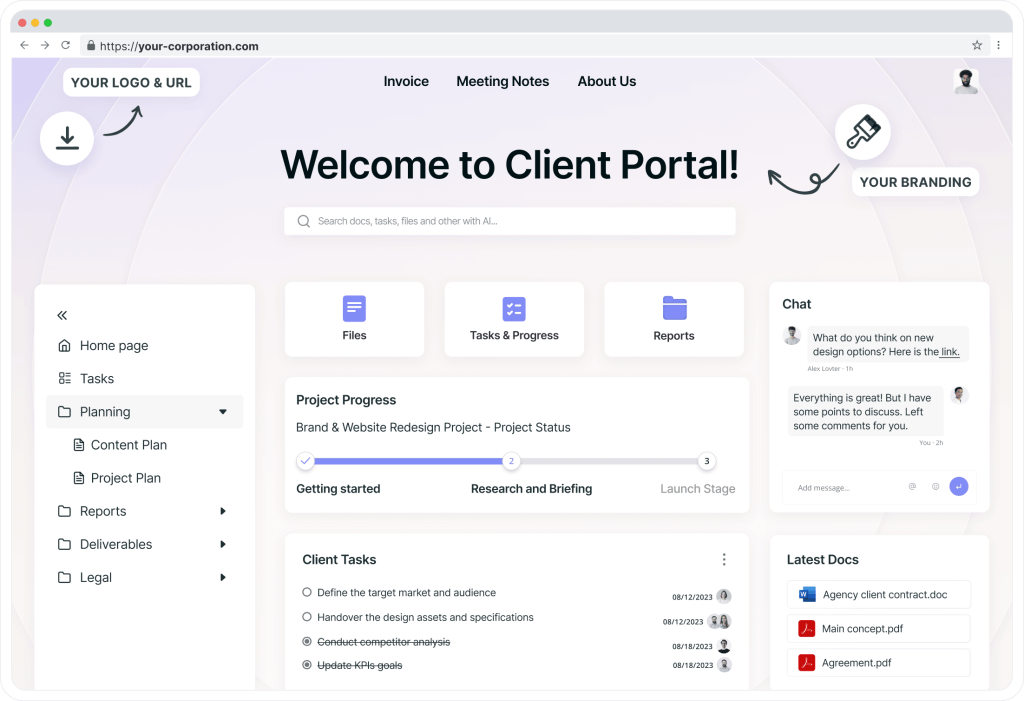
FuseBase, previously known as Nimbus, is an all-encompassing collaboration hub that has evolved from a simple note-taking application to a robust platform for knowledge management and customer experience. It offers a user-friendly interface, client portals, and over 2,000 integrations to streamline workflows. The permission management system allows for detailed access control within workspaces.
Pricing for FuseBase starts at $9 per month, with a free trial available.
Oracle Cloud CX
Best for: Comprehensive customer experience with a focus on advertising and predictive analytics.
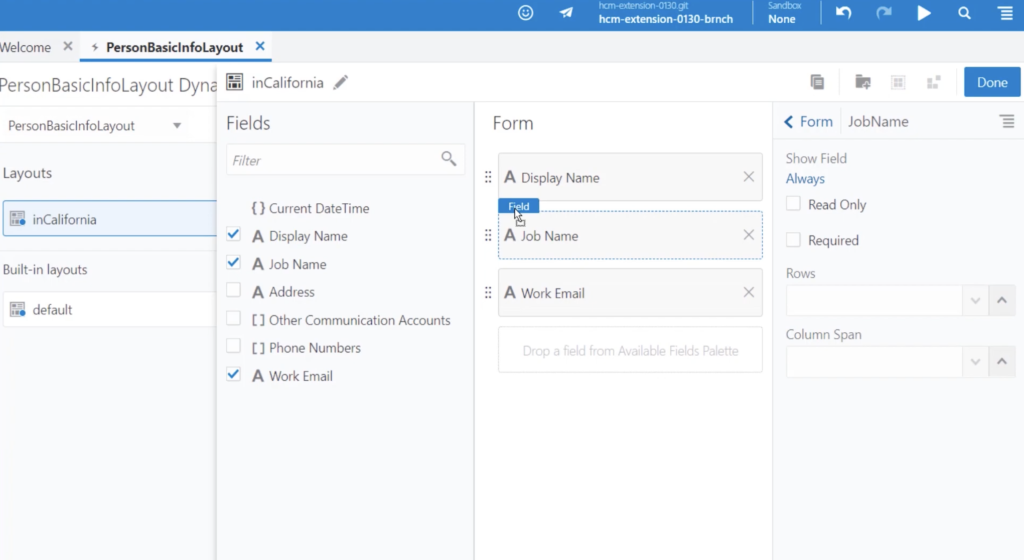
Oracle Cloud CX brings together advertising, sales, and service functionalities to foster meaningful customer interactions. It features robust customer data management and predictive analytics to personalize customer experiences.
Pricing for Oracle Cloud CX varies based on the selected package, and a 30-day free trial is available.
Hubspot
Best for: Integrating sales, marketing, and customer service efforts.
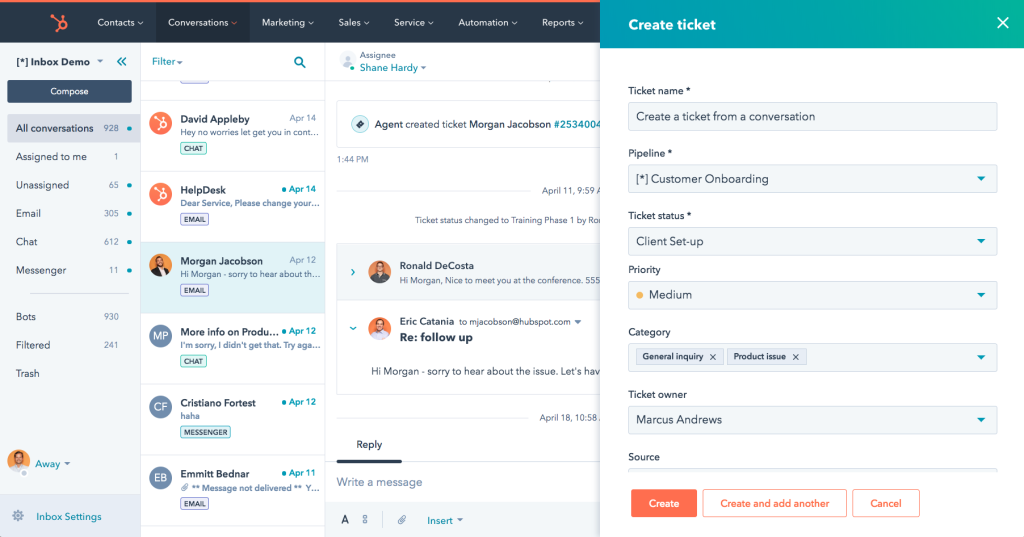
Hubspot is a CRM platform renowned for its email marketing automation and sales tools, which help manage customer relationships throughout the purchasing process. The platform also features a ticketing system to organize and track customer issues.
Services from Hubspot start at $20 per month, with a 30-day free trial on offer.
Adobe Experience Manager
Best for: Content management and delivering personalized web experiences.
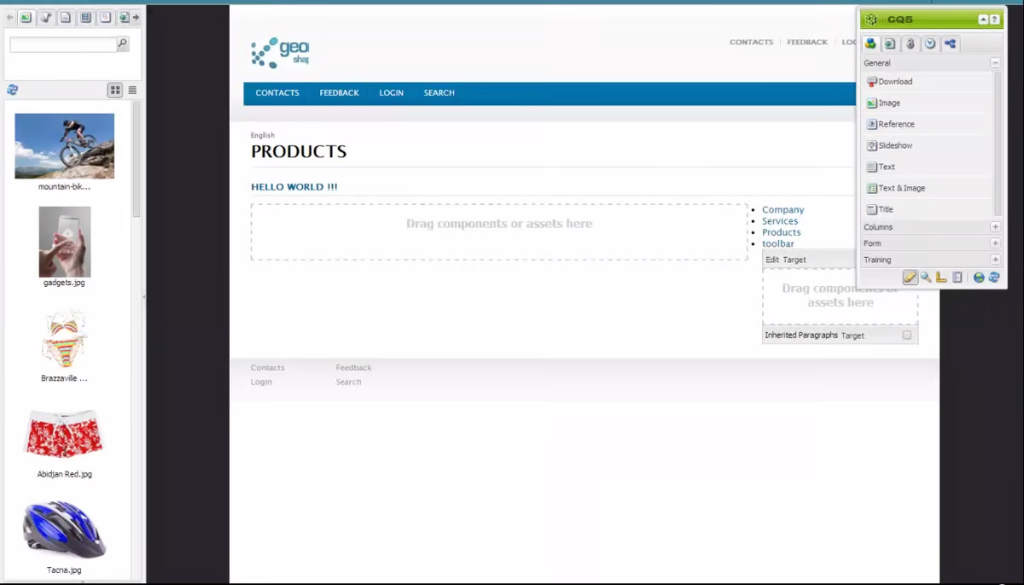
Adobe Experience Manager combines web content management with powerful analytics to create and manage content across multiple websites. It offers self-service options for users to access and manage content.
The pricing for Adobe Experience Manager is available upon request, and it does not offer a free trial.
Zoho
Best for: Unified communication management across multiple channels.
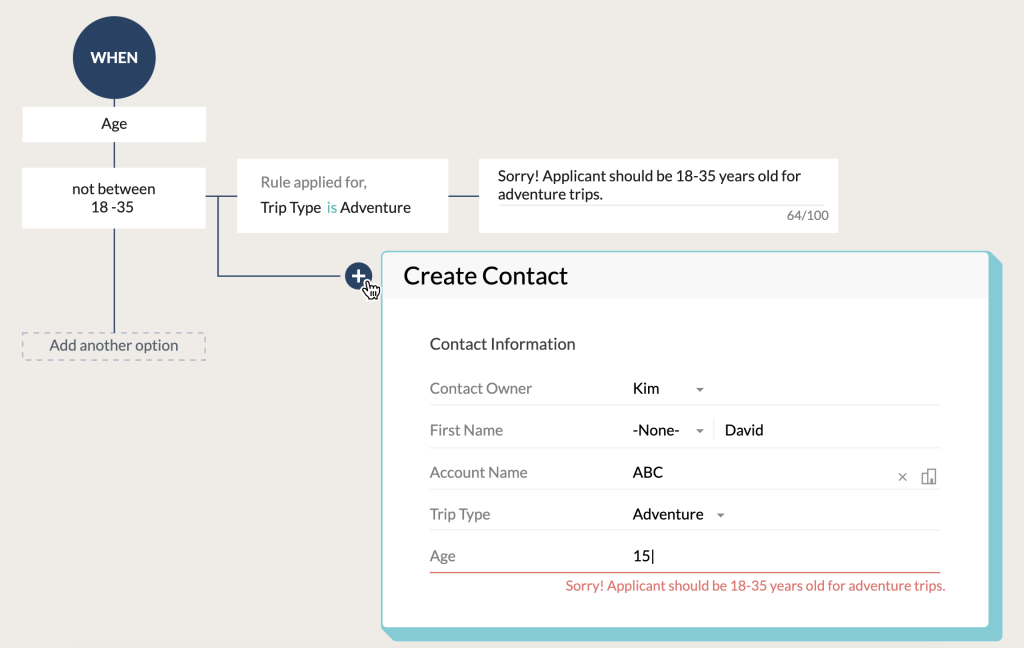
Zoho CRM is a versatile solution that provides omnichannel support, allowing businesses to manage all customer interactions from a single inbox. It serves as an all-in-one suite for customer relationship lifecycle management, with channel-specific customizations for different communication platforms.
Zoho’s pricing begins at $14 per month, with a 15-day free trial available.
Zendesk
Best for: Centralized multi-channel support and customer feedback analysis.
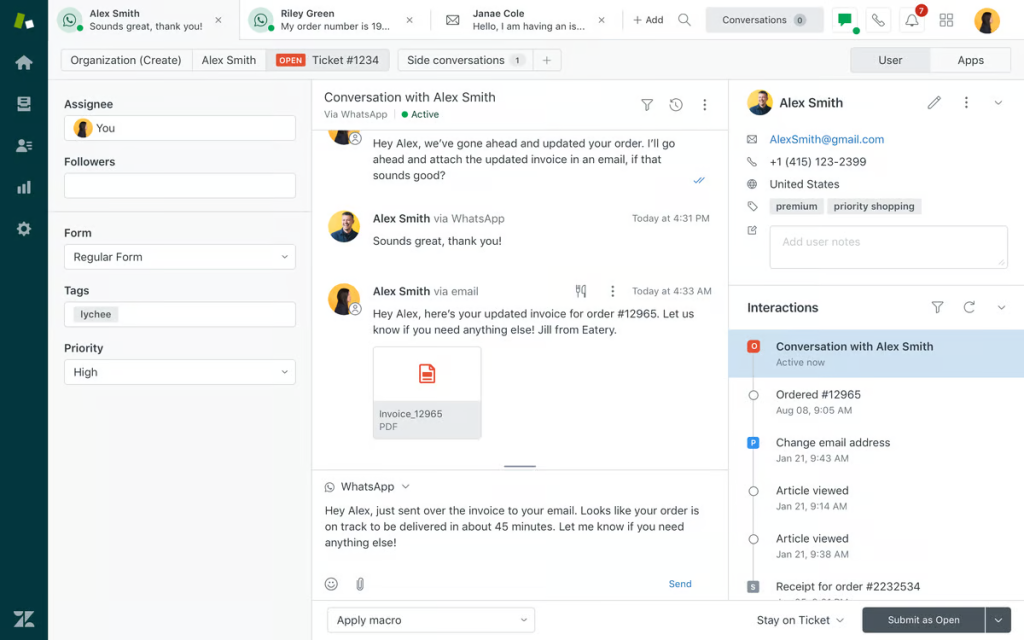
Zendesk is a customer service solution that simplifies ticket management by aggregating support requests from various channels into one platform. It includes features for conducting customer satisfaction surveys and automating workflows to enhance the resolution process for customer queries.
Zendesk’s pricing begins at $19 per month, and they offer a 14-day free trial.
Qualtrics
Best for: Listening to customer feedback and analyzing sentiments.
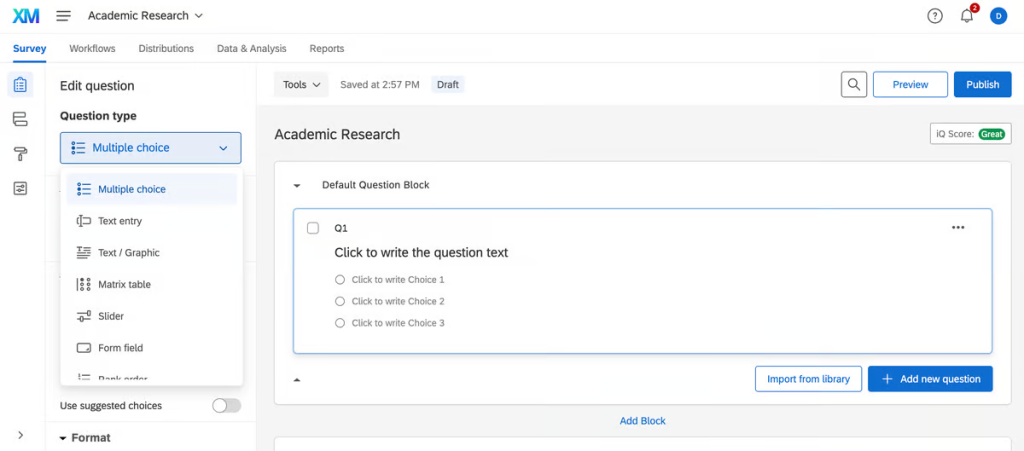
Qualtrics specializes in collecting unified feedback across various channels and employs conversational analytics to understand customer sentiments. Its XM Discover feature alerts companies to important feedback, allowing for prompt action.
Qualtrics does not publicly list its pricing, but a 30-day free trial is offered.
Summary
Customer Experience Software plays a pivotal role in how companies track, oversee, and organize every interaction between a customer and the organization throughout the customer lifecycle. The goal of such software is to streamline processes and ensure that customers receive consistent and efficient service, which in turn fosters a positive business relationship and enhances customer satisfaction.
- Startups should look for cost-effective, scalable, user-friendly platforms with good integration capabilities and customer support.
- Small Businesses need personalized experiences, automation, multi-channel support, data security, and feedback tools.
- Large Enterprises require comprehensive analytics, advanced segmentation, global support, enterprise system integration, and robust customization.

